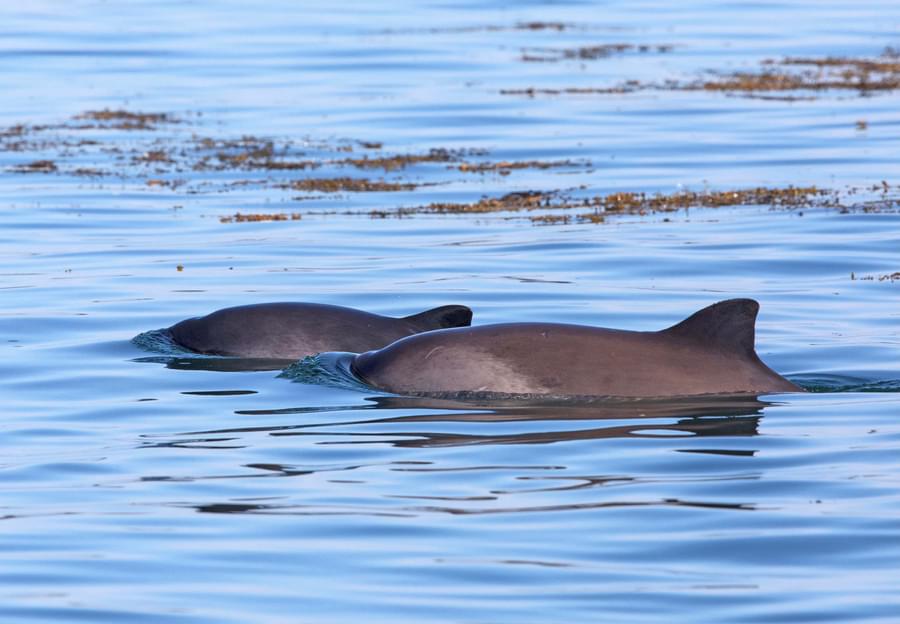Some of you will know that, for very good reason, we have been paying close attention to an unfolding drama around a small silver fish in the North Sea. The UK Government’s 2024 ban on sandeel fishing in its waters was hailed as a major conservation win, given the key role that they play as a key food source for species such as harbour porpoises and puffins.

Oceanographic Magazine hit the nail on the head by saying that: “Granular details within the case have left all parties claiming a victory..” Anyone reading the court case news reports, with industry press headlines such as “Court of Arbitration rules that UK Breached EU Access in Sandeel Case“, might well have thought the UK had lost. But other than giving the UK a rebuke for not following process to the letter, the court concluded that there was no legal obligation to reverse the ban. And importantly, the UK was found to have legitimately used the best available scientific evidence in making their decision. So while the EU are claiming victory on a point of technical legal argument, the ban stays in place. So for now, everyone seems happy, with the possible exception of the sandeel fishery industry.
The court hearing took place during an ongoing phase of speculation around what any reset of UK/EU relations might look like. And whether the UK may have to bow to pressure from the EU around fishing rights and quotas. The discussion and trade-offs around that reset take place later this month, and will be another indicative test.
But in this instance at least, the science (and the sandeels) won out, with the court’s important rejection of the EU’s claim that the UK’s ban was not scientifically justified. So we have the right (for now) indicators. What we don’t want are reversing lights.

The only way we can create safe spaces for whales and dolphins is by monitoring them and that's where our amazing army of citizen scientists come in. If you want to help us to collect data that can be used to hold governments to account join one of our training courses

